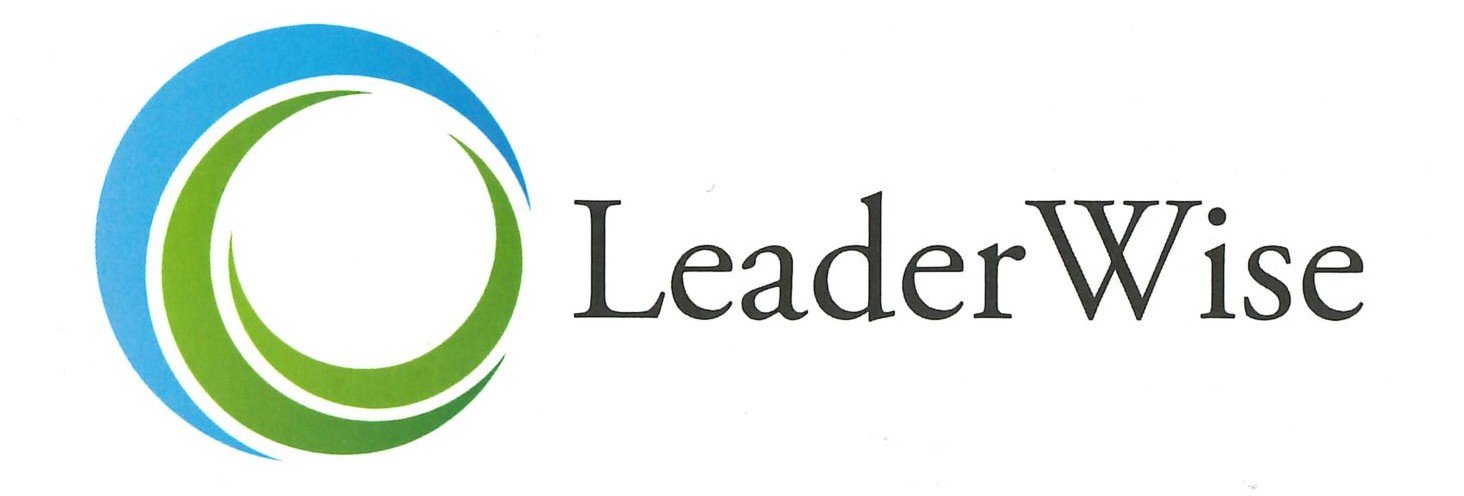The Honorable Harvest
November is National Indigenous Peoples Heritage Month, which is a time to recognize the history, culture, and
contributions of Indigenous People in the United States.
by Mary Kay DuChene
A few years ago, I read Robin Wall Kimmerer’s book Braiding Sweetgrass. I was struck by many of the stories she told and the wisdom she shared but perhaps most impacted by her chapter on the Honorable Harvest. The Honorable Harvest is a moral code, if you will, for how to properly care for the land. Kimmerer points out that it isn’t written down anywhere or even spoken of as a set of guidelines or rules, but it is part of the culture of daily life. The Honorable Harvest hearkens to me as something so ingrained in who Indigenous People are that I wonder if they’d think it silly even to mention it. Still, Kimmerer offers these tenets of the Honorable Harvest that’s so much a part of Native life:
Know the ways of the ones who take care of you, so that you may take care of them.
Introduce yourself. Be accountable as the one who comes asking for life.
Ask permission before taking. Abide by the answer.
Never take the first. Never take the last.
Take only what you need.
Take only that which is given.
Never take more than half. Leave some for others.
Harvest in a way that minimizes harm.
Use it respectfully. Never waste what you have taken.
Share.
Give thanks for what you have been given.
Give a gift, in reciprocity for what you have taken.
Sustain the ones who sustain you and the earth will last forever.
My husband and I have a cabin on land stolen from the Anishinaabe, in what is now in the middle of Superior National Forest. From what I can glean by reading the history in the title to this parcel of land, around 1900, the federal government sold this parcel off to be logged. We have some old-growth White Pine trees (the Anishinaabe call them Nokomis, “Grandmothers”) that are magnificent; I imagine, sadly, what this land might have looked like prior to its desecration, when the Nokomis would have dominated the space. As a tiny token of reparation, I have learned to forage the many edible species (and care for the non-edible ones) with the Honorable Harvest as my guide. I’ve learned to be in relationship with every living thing on the land, to ask it for what I need and to gently take only that which is freely given. I try to waste nothing. I give back, and I give thanks.
While the Honorable Harvest teaches us how to be in relationship with our earthly home, it also has something to teach us about how to be in relationship with other humans. Recently I was co-leading a retreat for pastors in their first three years of ministry, and we spent time thinking about what the Honorable Harvest has to teach us about relationships and leadership. As we explored this connection, I heard leaders reflect things like:
Be gentle with others, and myself
We’re in solidarity with others (it’s a survival thing)
Being in relationship is an intentional act
Remember our impact
Connecting with the earth and others is essential to who we are as creatures intended to be in community
The work takes time, and it takes presence
Our roots are connected, even when we bear different fruit
We work to harvest a sense of trust with others
Kimmerer teaches another lesson from which we can all learn. She calls it mutual flourishing. Plants need us to flourish and we need them – it’s a balance. The Honorable Harvest is a way to maintain that balance, whether we’re talking plant-to-human relationships or human-to-human.
I pray you have the opportunity to learn from and live by the principles of the Honorable Harvest. I wonder what lessons it has to teach each of us about stewarding whatever land we encounter, and about stewarding the relationships entrusted to our care, for the sake of mutual flourishing. May the Honorable Harvest be a thread that connects you with our Indigenous siblings, the earth, and all the relationships entrusted to your care.

